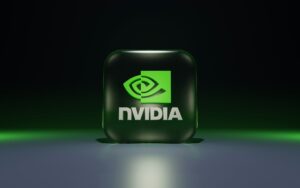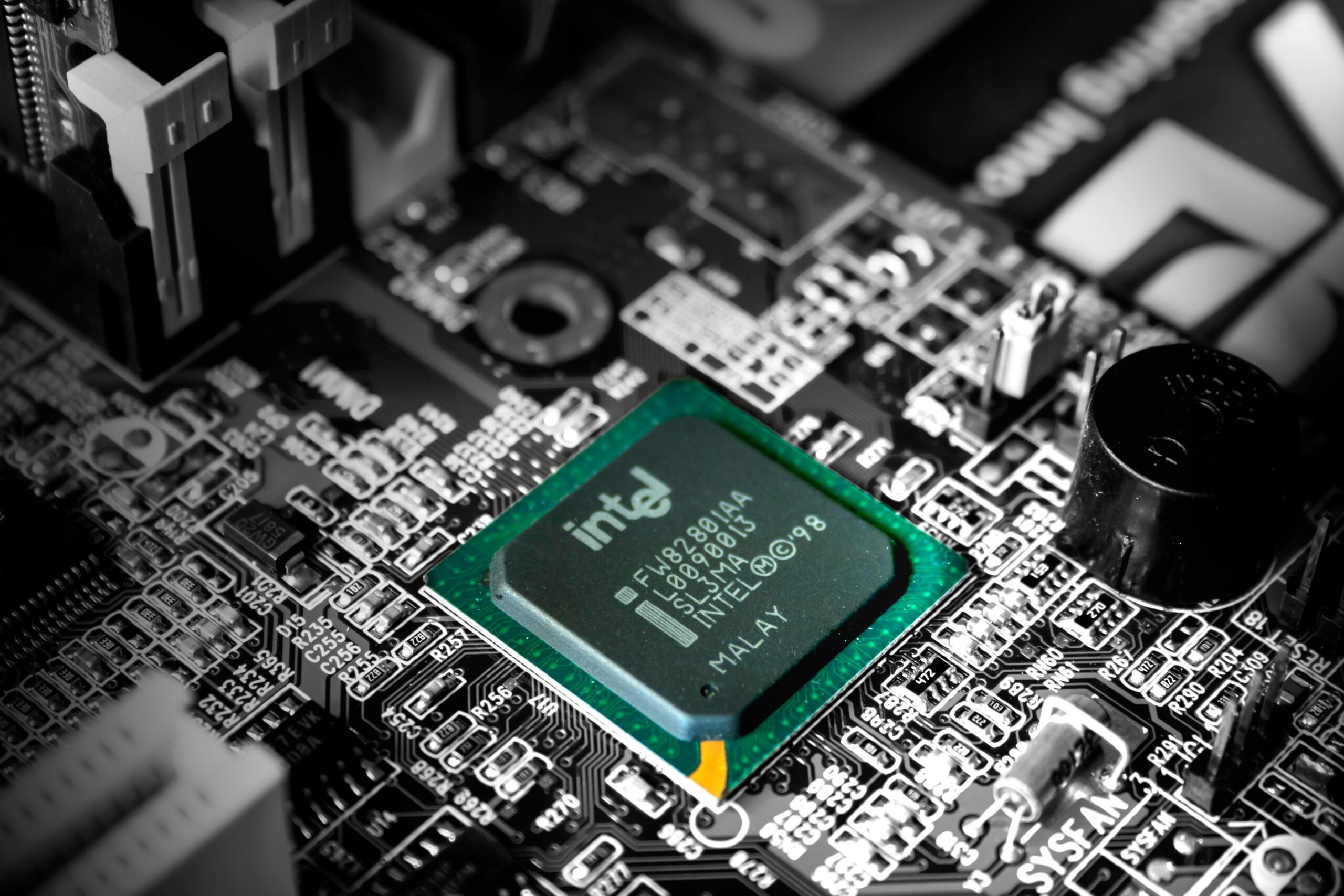In a move that should send a shiver down the spine of every American who believes in free markets and private enterprise, the US government has acquired a 10% stake in Intel. While hailed by proponents as a “historic” and necessary step to shore up a struggling domestic tech giant, this action is a radical departure from American economic principles. It is not an act of rescue; it is an act of creeping nationalization, drawing a dangerous parallel to the state-led capitalism of China—the very nation we claim to be competing with.
For decades, the foundation of American economic success has been a dynamic interplay of private companies, driven by competition and innovation, with government acting as a regulator, not a shareholder. China, on the other hand, operates on a fundamentally different model. Its “national champions” are not independent corporations but instruments of state policy, their strategies dictated by Beijing and their success measured not just in profits, but in national goals. The state’s pervasive influence suffocates the market signals that foster true innovation and efficiency.
When the government converts billions in grants from the CHIPS Act into an equity stake, it is doing more than just protecting a national asset. It is embedding itself in the company’s future, intertwining political objectives with corporate strategy. While the government claims its stake is “passive” and non-voting, this is a distinction without a difference. As critics from the Cato Institute to concerned investors have warned, the precedent is set. Once the government has a financial interest, how long before it uses its leverage to influence hiring, product development, or supply chain decisions? Intel’s own filings with the SEC acknowledge this, flagging the deal as a “risk factor” that could harm international sales and subject the company to additional regulations.
This is the antithesis of a free-market solution. A healthier path would have allowed market forces to determine Intel’s fate, rewarding it for sound decisions and punishing it for missteps. Instead, we have a politically-engineered deal that bails out a corporation—one that has been losing billions and cutting thousands of jobs—by converting taxpayer funds into what is, in effect, a nationalized investment.
This intervention is not just a one-off. White House officials have already hinted at more such deals in the AI and chip industries. We are told this is a necessary sacrifice to compete with China, but we risk becoming what we fear most. By adopting the tools of our rivals, we surrender the very principles that have made our economy the envy of the world. A nation that believes in free enterprise should not resort to state capitalism, even in the name of national security. The true path to American technological leadership is not through government ownership, but by creating an environment where a thousand Intels can rise—and fall—on their own merits.













